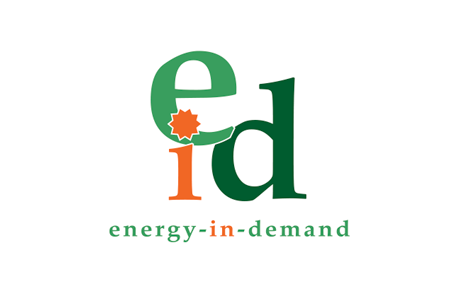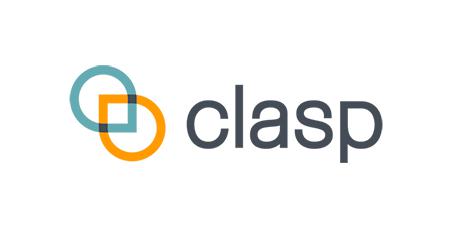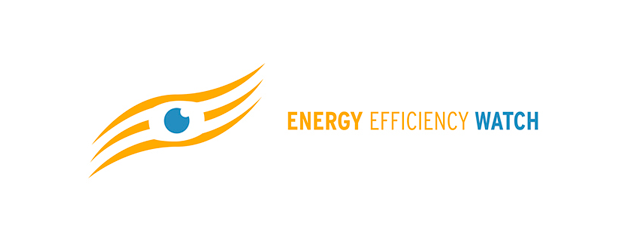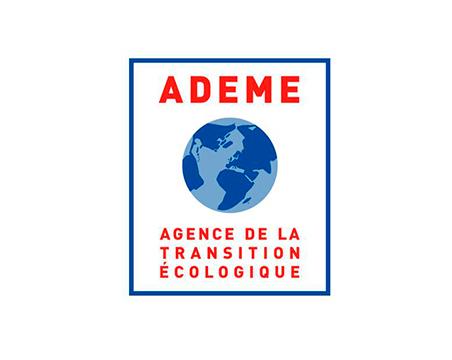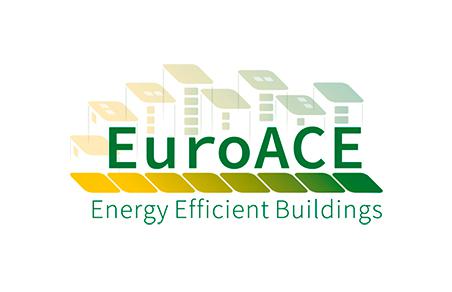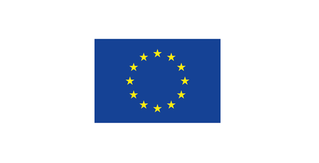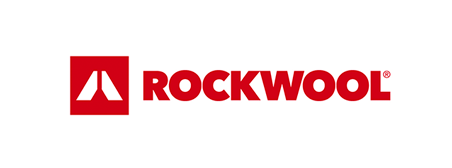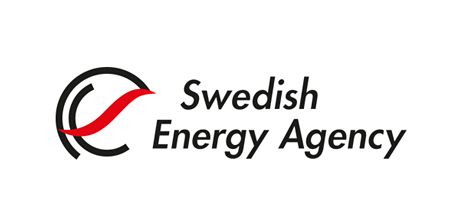< Archived 2017 Summer Study page >
Informal sessions
32 informal sessions were held during the 2017 Summer Study.
Informal sessions are set up by participants on the spot, inspiring keynotes and just plain round-the-clock networking. All is fuelled by the energy of hundreds of participants who are passionate about energy efficiency and want to learn and share experiences.
Tuesday 14.00–15.00
- How to overcome the split-incentive dilemma? Does EPC work in the rental building sector? (DSM Task 16 stakeholder workshop) (more)
- 2020 and beyond: how can evaluation practices help to improve energy efficiency policies and better know what they deliver? (more)
- Comfort and productivity (more)

Wednesday 14.00–15.00
- Invisible energy policy (more)
- Taking financing for energy efficiency forward (more)
- Methods and methodological advances in empirical energy efficiency assessment (more)
- Developing more credible methods for estimating the effects of energy efficiency on jobs (more)
- Preventing a replicability crisis in energy research: What should we do? (more)
- Energy efficiency in the capacity mechanisms in Europe (more)
- EnergyEfficiency YippiYaYaBäääm! – How to enthuse top talents, entrepreneurs (start-ups) and young opinion leaders (more)
Thursday 14.00–15.00
- Disruptive low carbon innovations (more)
- In between the state and the individual - intermediaries and middle actors in energy demand reduction (more)
- Individual building renovation roadmaps (iBROAD): now in real life! (more)
- Certification of energy efficiency companies – is it possible? (more)
- Engaging people in domestic Demand Response (more)
- Achieving healthy homes through low-carbon renovation – How to use the current window of opportunity to make it happen?! (more)
Thursday 15.00–16.00
- Market based instruments: Can the same metric for calculating savings be used for renovation of existing buildings and savings in industry? Or do we need subtargets? (more)
- Accelerating energy efficiency in cities (more)
- Realising the full potential of Ecodesign and Energy Labelling: A discussion on new methods, tools, and services to improve market surveillance (more)
- Rural electrification, DC Microgrids and Off-Grid Appliances (more)
- Towards zero-emission, efficient and resilient buildings, globally (more)

Thursday 16.30–17.30
- Setting EPB requirements: new (EN) ISO 52003 & 52018 standards and beyond (more)
- Impacting policy through publication (more)
- Energy Efficiency @ the heart of the G20 (more)
- Access for All: an Energy Demand Explosion? (more)
- Photovoltaic self-consumption in the residential sector: empirical evidence across Europe (more)
Friday 09.00–12.30
Panel 7 Energy Labelling Session
- The revised energy label-issues and possible ways forward for white goods (more)
- Proposals for a new label for lighting (more)
- The revised EU energy label regulation - introduction (more)
Friday 14.00–15.00
- Balancing heating, cooling and electricity demand with integrated energy networks and Demand Response (more)
- Digital guidelines for energy efficient renovation in small houses (more)
- Energy related decision making and governance in apartment blocks (more)
- How to present Multiple Benefits of Energy Efficiency? (more)
Friday 15.00–16.00
- Take a ride on the magic carpet – transferring energy behaviour understanding to the reduction of air pollution (more)
- Finding the right incentives to accelerate building renovation (more)
- Mobilizing different stakeholders to scale up energy efficiency investments. The G20 Energy Efficiency Investment Toolkit (IPEEC) (more)
- Can energy retailers be champions of the demand-side? (more)










